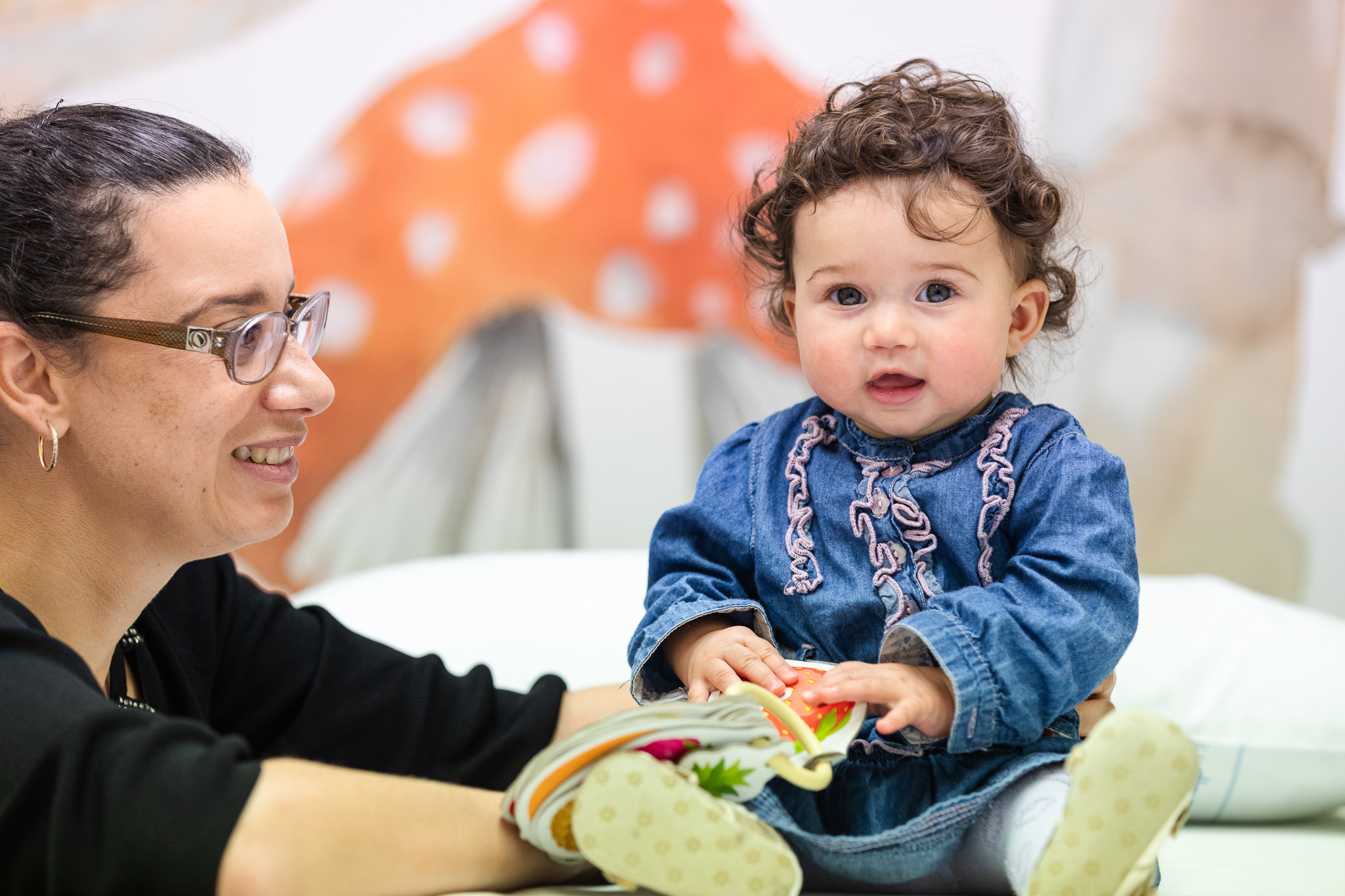ORIGINS has meticulously collected participant data via annual questionnaires on incidence of wheeze, respiratory viral infection, croup and pneumonia in the early years of life.
Respiratory diseases like the above are extremely common in early life and collectively are the leading cause of hospitalisation and disease burden in childhood.
ORIGINS has captured a wealth of information on early-life conditions such as wheeze, viral infections, croup, and anaphylaxis across multiple time points and tools. RHINO builds on this foundation by applying robust methods - developed through the AERIAL sub-study - to synthesise this information into standardised outcome measures (e.g. “ever wheezed”, “ever had anaphylaxis”).
By conducting a comprehensive assessment of respiratory and allergic episodes in ORIGINS participants, RHINO researchers are uncovering patterns and trends that can not only enhance our understanding of these conditions within the cohort, but also inform prevention and management strategies for the broader population.
This cleaned and consolidated data will be made available to the wider research community via the ORIGINS Catalogue, enabling more efficient use of the cohort and supporting a series of publications on respiratory and allergic disease trends.
Importantly, RHINO also serves as a scalable model for secondary data processing across ORIGINS, demonstrating how sub-study teams can add value by refining specific outcome domains and improving data usability for collaborators.
Investigators:
- Dr David Hancock at The Kids Research Institute Australia
- Dr Sarah Whalan at The Kids Research Institute Australia
- Associate Professor Anthony Kicic at The Kids Research Institute Australia
- Dr Liz Starcevich at The Kids Research Institute Australia
- Dr Nina D'Vaz at The Kids Research Institute Australia

